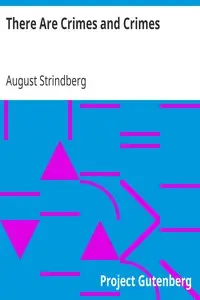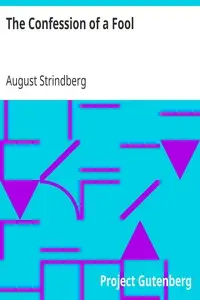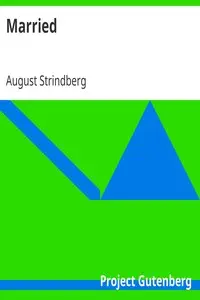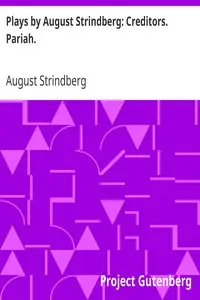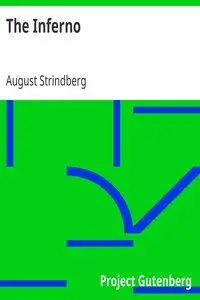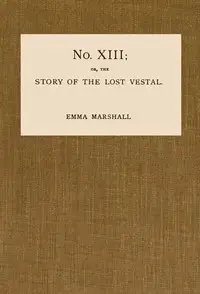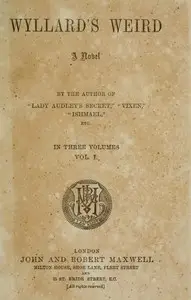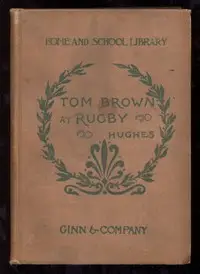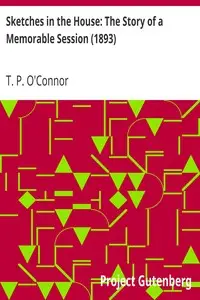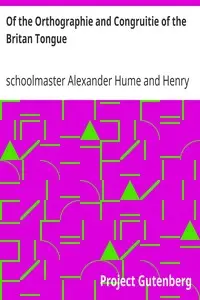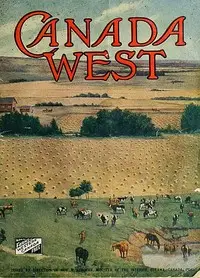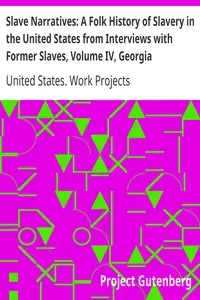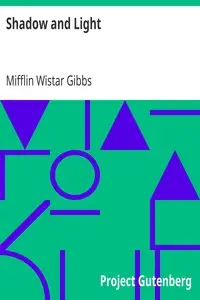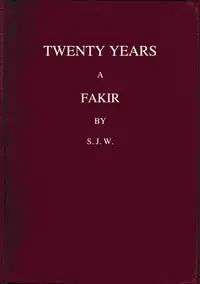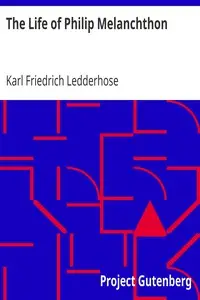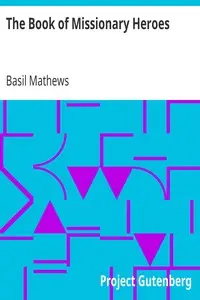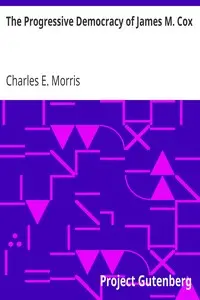"Legends: Autobiographical Sketches" by August Strindberg is a collection of autobiographical essays written in the early 20th century. This work delves into Strindberg's personal experiences, thoughts, and reflections, particularly focusing on the turbulence of his life during his middle years. Through a lens that intertwines existential thought with vivid anecdotal accounts, the sketches explore themes of personal suffering, social critique, and the exploration of the human psyche. At the start of the collection, Strindberg introduces the setting of his life's struggles, particularly emphasizing a period of financial ruin and social isolation while residing in Lund, Sweden. He presents himself as a "possessed exorcist," grappling not only with external adversities, such as lack of financial means and acceptance from society, but also with intense spiritual and psychological turmoil. The narrative paints a picture of a man at war with himself, navigating through loneliness, financial hardship, and the challenge of reconciling his past beliefs with his current reality. With encounters that blur the lines between reality and the supernatural, Strindberg lays the groundwork for a deeply reflective exploration of the human condition, hence setting the tone for the rest of the sketches that follow. (This is an automatically generated summary.)
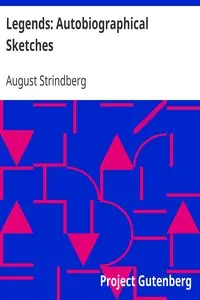
Legends: Autobiographical Sketches
By August Strindberg
"Legends: Autobiographical Sketches" by August Strindberg is a collection of autobiographical essays written in the early 20th century. This work delv...
Johan August Strindberg was a Swedish playwright, novelist, poet, essayist, and painter. A prolific writer who often drew directly on his personal experience, Strindberg wrote more than 60 plays and more than 30 works of fiction, autobiography, history, cultural analysis, and politics during his career, which spanned four decades. A bold experimenter and iconoclast throughout his life, he explored a wide range of dramatic methods and purposes, from naturalistic tragedy, monodrama, and historical plays to his anticipations of expressionist and surrealist dramatic techniques. From his earliest work, Strindberg developed innovative forms of dramatic action, language, and visual composition. He is considered the "father" of modern Swedish literature and his The Red Room (1879) has frequently been described as the first modern Swedish novel. In Sweden, Strindberg is known as an essayist, painter, poet, and especially novelist and playwright, but in other countries he is known mostly as a playwright.

